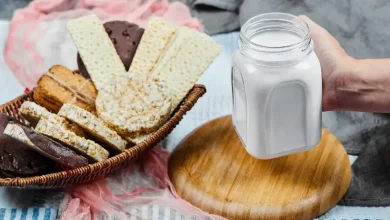
Food for Regular Bowel Movement
Maintaining a healthy digestive system is essential for overall well-being, and one key aspect of digestive health is regular bowel movements. A well-functioning digestive system ensures the efficient elimination of waste and toxins from the body. While various factors contribute to good bowel movements, including hydration, exercise, and stress management, a balanced and fiber-rich diet plays a crucial role. In this article from sisiway, we will explore some food for good bowel movement that can support digestive health.
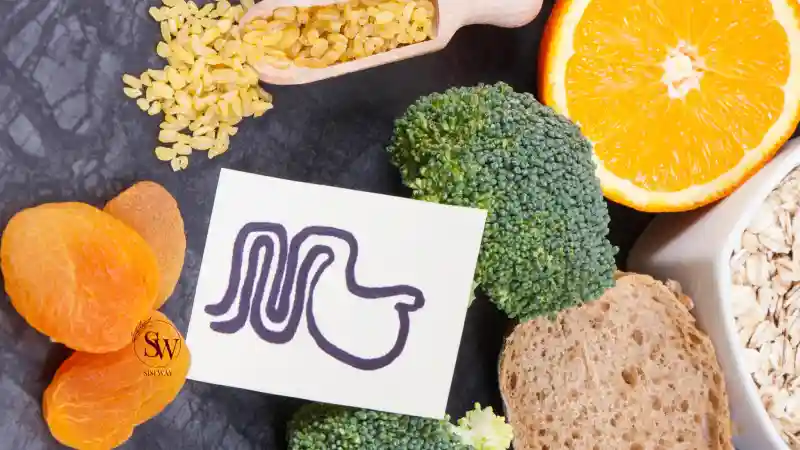
-
Fiber-rich Fruits and Vegetables:
In the list of food for good bowel movement, we should mention fiber and vegetables. Fruits and vegetables are excellent sources of dietary fiber, which adds bulk to the stool and facilitates regular bowel movements. Fiber acts as a natural laxative, promoting healthy digestion. Include a variety of fruits such as berries, apples, oranges, and vegetables like broccoli, spinach, kale, and carrots in your daily diet. These nutrient-dense foods not only provide essential vitamins and minerals but also contribute to the overall health of your digestive system.
Read more: Women’s Diet for Abs

-
Whole Grains:
Whole grains like oats, brown rice, quinoa, and whole wheat bread are rich in fiber and can help regulate bowel movements. Unlike refined grains, whole grains retain the bran and germ, which contain a significant amount of fiber. Including whole grains in your meals can add bulk to your stool and prevent constipation. It is advisable to choose whole grain options over processed grains to maximize their nutritional benefits.
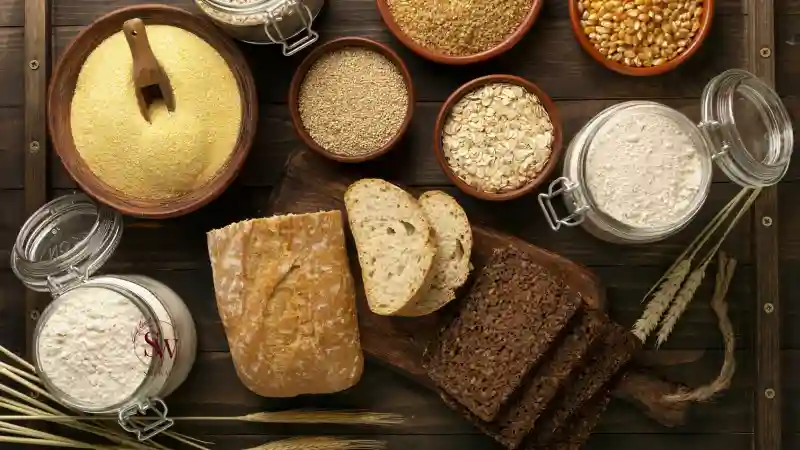
-
Legumes and Beans:
Legumes and Beans are also another food for good bowel movement that can play an important role in the health of this organ. Legumes and beans, including lentils, chickpeas, black beans, and kidney beans, are not only excellent sources of plant-based protein but also rich in dietary fiber. They promote regular bowel movements and contribute to a healthy gut environment. Legumes can be easily incorporated into soups, stews, salads, or made into delicious spreads like hummus. Aim to include them in your meals a few times a week.
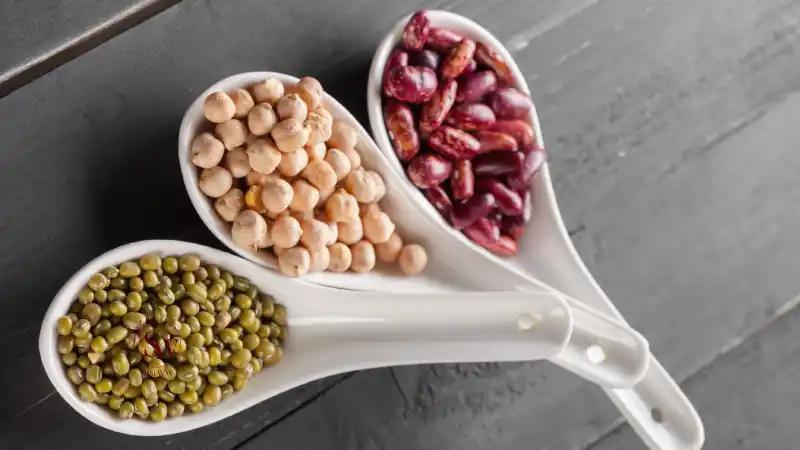
-
Probiotic-rich Foods:
If you’re looking for food for regular bowel movement, don’t forget about probiotic rich Foods. Probiotics are beneficial bacteria that support a healthy gut microbiome, which is essential for proper digestion and bowel movements. Foods like yogurt, kefir, sauerkraut, kimchi, and other fermented foods contain live cultures of these beneficial bacteria. Consuming probiotic-rich foods regularly can help maintain a balanced gut flora, improve digestion, and promote regularity.

-
Hydration:
Staying adequately hydrated is vital for maintaining healthy bowel movements. Water helps soften the stool, making it easier to pass. Aim to drink at least 8 glasses of water per day and increase your intake during hot weather or when engaging in physical activity. Other hydrating options include herbal teas, fresh fruit juices (without added sugars), and consuming water-rich foods like watermelon, cucumbers, and tomatoes.

-
Healthy Fats:
If you are looking for food for better bowel movement, include healthy fats in your diet plan. Incorporating healthy fats into your diet can also support bowel regularity. Foods like avocados, flaxseeds, chia seeds, and nuts provide essential omega-3 fatty acids and lubricate the digestive tract, preventing constipation. However, it is important to consume fats in moderation as they are calorie-dense.
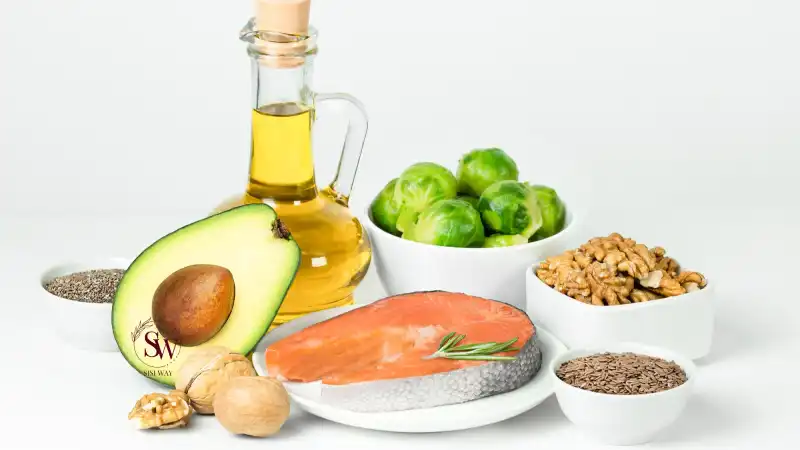
-
Chia Seeds:
Chia seeds are tiny powerhouses of nutrition and are packed with fiber. They absorb water and form a gel-like substance in the digestive tract, which aids in smooth bowel movements. Adding a tablespoon of chia seeds to your breakfast cereal, yogurt, or smoothies can provide an extra boost of fiber and contribute to regularity.
Read more: Foods Bad for Kidney Stones
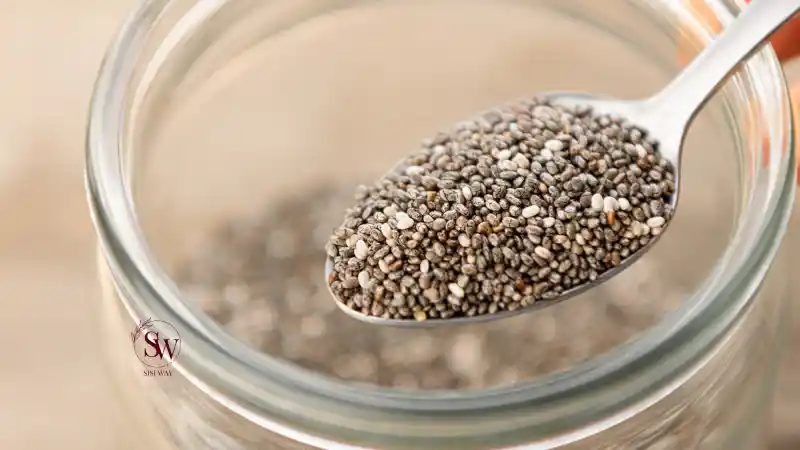
-
Prunes:
What food improve bowel movement? It is advisable to never eliminate dried plums from your diet plan as they improve bowel movement. Prunes, also known as dried plums, have long been associated with promoting bowel movements. They are high in fiber and contain natural compounds that act as mild laxatives. Prunes can be consumed on their own as a snack or incorporated into recipes such as baked goods or smoothies. Start with a small portion and gradually increase the amount to avoid any potential digestive discomfort.
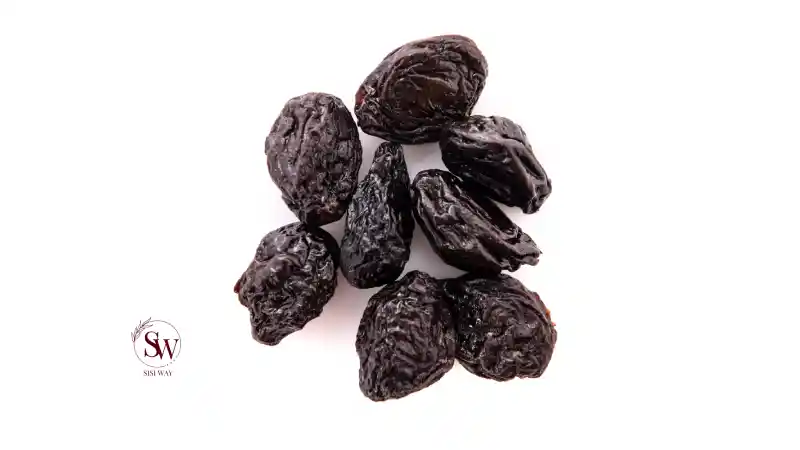
-
Ginger:
Ginger has been used for centuries to aid digestion and alleviate gastrointestinal discomfort. It possesses natural anti-inflammatory and carminative properties that can promote healthy bowel movements. Ginger can be consumed fresh, as a tea, or used as a spice in cooking. Consider adding freshly grated ginger to your meals or sipping on ginger tea after meals to support digestion.
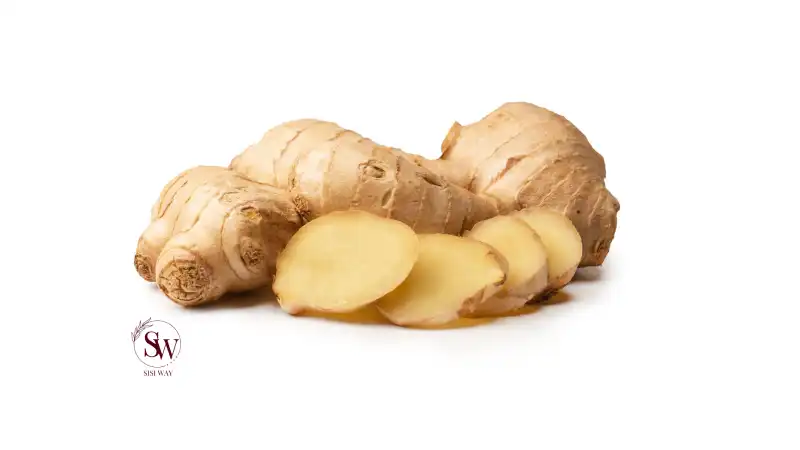
-
Leafy Greens:
Leafy green vegetables such as spinach, kale, and Swiss chard are not only rich in fiber but also contain magnesium, a mineral that helps relax the muscles of the digestive tract. This relaxation can aid in smoother bowel movements. Including a variety of leafy greens in your salads, stir-fries, or green smoothies can provide a range of nutrients while supporting digestive health.

-
Avoid Trigger Foods:
In addition to incorporating foods that support bowel movements, it is equally important to identify and avoid trigger foods that can contribute to constipation or digestive discomfort. These may vary from person to person, but common culprits include processed foods, refined sugars, excessive dairy consumption, and foods high in saturated fats. Pay attention to how your body reacts to certain foods and make adjustments accordingly.
Remember, it is essential to adopt a holistic approach to digestive health. In addition to incorporating fiber-rich foods, staying hydrated, and exercising regularly, it is important to manage stress, get enough sleep, and maintain a balanced lifestyle. By doing so, you can create an optimal environment for a healthy digestive system and enjoy the benefits of regular bowel movements.
Read more: Best Snacks for Type 2 Diabetes
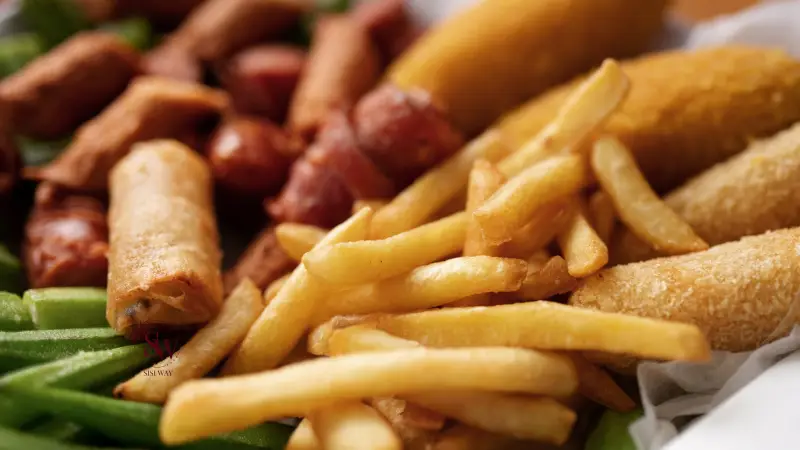
what is the best food to eat for bowel movement?
If we were to choose just one food that is particularly beneficial for promoting bowel movements, it would be prunes. Prunes are dried plums that are well-known for their natural laxative effects. They are rich in fiber, sorbitol, and phenolic compounds, which can help stimulate bowel movements and relieve constipation.
Prunes contain both soluble and insoluble fiber, which adds bulk to the stool and helps it move through the digestive system more efficiently. The sorbitol content in prunes acts as a mild laxative, drawing water into the intestines and softening the stool. Additionally, the phenolic compounds in prunes have been shown to have a positive effect on gut health.
You can consume prunes in various ways, such as eating them as a snack, adding them to oatmeal or cereal, or using them in baking recipes. It is recommended to start with a small portion, such as 2 to 3 prunes per day, and gradually increase the amount as needed. Remember to drink plenty of water when consuming prunes to maximize their beneficial effects on bowel movements.
While prunes can be helpful, it’s important to maintain a balanced diet that includes a variety of fiber-rich foods, as well as staying hydrated and engaging in regular physical activity to support overall digestive health.
Why Do These Foods Help to Move the Bowels Better?
Eating foods high in fiber helps move the bowels more effectively due to their ability to increase stool bulk. Fiber, particularly insoluble fiber found in foods like fruits, vegetables, and whole grains, adds bulk to the stool, making it larger and softer. This increased bulk stimulates the muscles in the walls of the intestines, triggering contractions known as peristalsis. Peristalsis propels the stool forward through the digestive tract, facilitating regular bowel movements.
Additionally, fiber-rich foods often contain both soluble and insoluble fiber. Soluble fiber absorbs water in the digestive tract, forming a gel-like substance. This gel softens the stool and adds moisture, making it easier to pass. Insoluble fiber, on the other hand, does not dissolve in water and adds more bulk to the stool. The combination of these two types of fiber helps to regulate bowel movements by promoting optimal stool consistency and preventing both constipation and diarrhea.
Do foods that improve bowel movements work the same for everyone?
No, food for good bowel movement may not work the same for everyone. Each individual’s digestive system is unique, and people may have different sensitivities or reactions to certain foods. While some foods, such as those high in fiber or containing natural laxatives, can generally promote healthy bowel movements, the effectiveness may vary from person to person.
Factors such as overall diet, hydration, physical activity level, and underlying health conditions can also influence how different foods impact bowel movements. Additionally, some individuals may have specific dietary restrictions or medical conditions that require them to approach food choices differently.
It’s important for individuals to pay attention to their own bodies and how they respond to different foods. Consulting with a healthcare professional or registered dietitian can provide personalized guidance on selecting the most suitable foods for improving bowel movements based on individual needs and circumstances.
FAQ
-
- How much fiber should I consume daily for good bowel movements?
The recommended daily fiber intake varies depending on age and gender. However, a general guideline for adults is to consume 25 to 30 grams of fiber per day. It is important to gradually increase your fiber intake and spread it throughout the day to avoid digestive discomfort. Be sure to drink plenty of water along with your fiber-rich foods to help soften the stool and aid in digestion.
-
- Can I rely on fiber supplements for good bowel movements instead of whole foods?
While fiber supplements can be useful in certain situations, it is generally recommended to obtain fiber from whole foods whenever possible. Whole foods not only provide fiber but also offer a wide range of essential nutrients and beneficial compounds that support overall health. Fiber-rich foods like fruits, vegetables, whole grains, and legumes also contain other important nutrients like vitamins, minerals, and antioxidants that are beneficial for digestive health.
-
- How long does it take for dietary changes to improve bowel movements?
The time it takes for dietary changes to positively impact bowel movements can vary from person to person. Some individuals may notice improvements within a few days, while others may require several weeks. It is important to be patient and consistent with dietary changes, as it may take time for the body to adjust. If you have concerns about your bowel movements or experience persistent digestive issues, it is advisable to consult with a healthcare professional for a comprehensive evaluation and personalized advice.
Conclusion:
Maintaining regular bowel movements is crucial for digestive health, and a well-balanced diet plays a significant role in achieving this. By incorporating fiber-rich fruits and vegetables, whole grains, legumes, probiotic-rich foods, and staying hydrated, you can support a healthy digestive system and promote regularity. Remember to make dietary changes gradually, listen to your body, and consult with a healthcare professional if you have any specific dietary concerns or medical conditions.
Also read: How to Manage Stress and Anxiety?



